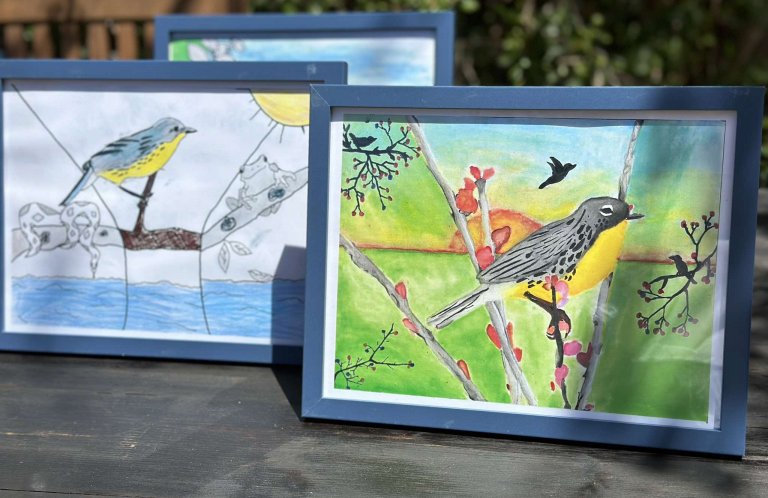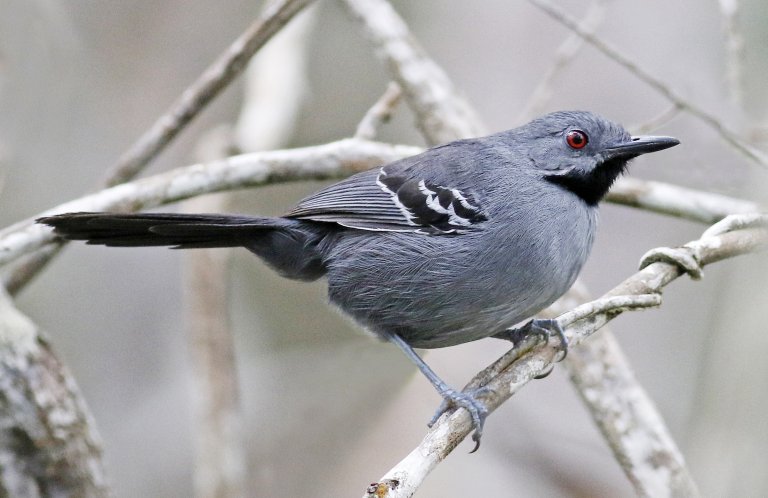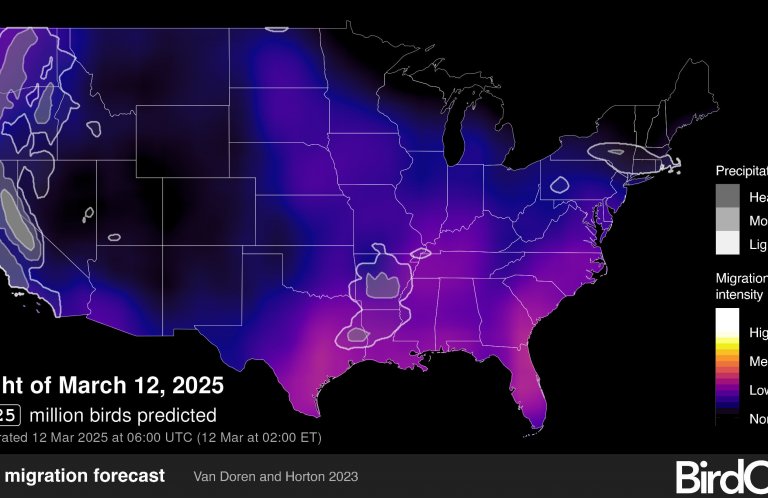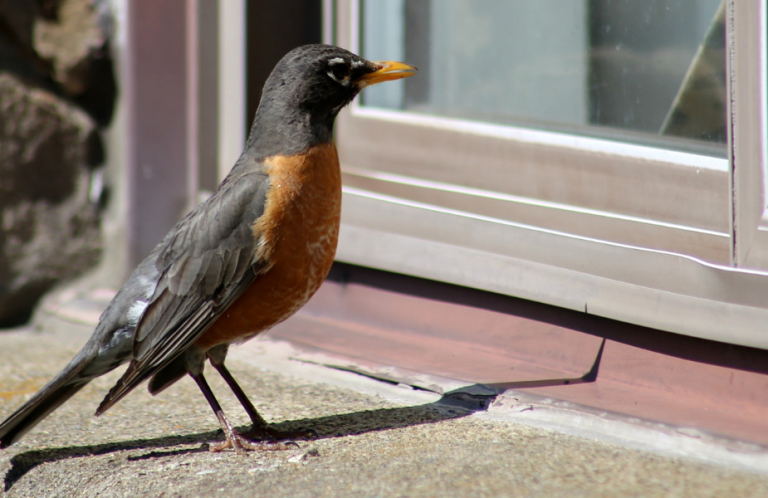Video: How Neonics Affect Birds
From ornamental plants to the tomatoes in your salad, neonicotinoids, also known as "neonics," are found in a range of products. They are applied as seed coatings, powders, sprays, soil drenches, tree injections, turf treatments, and pet collars. Neonics are the most widely used insecticides in the world, and they're deadly to birds and other wildlife. Millions of acres of U.S. farmland are planted with neonic-coated seeds, which constitute a particular threat to birds: a single coated seed is enough to kill a songbird.
Lesser quantities of neonics can impair reproduction, cause emaciation, and disrupt navigation among birds such as Chestnut-Collared Longspurs and Dickcissels. Surprisingly, a growing body of research indicates that these seed treatments can actually reduce agricultural productivity by harming the bees, beetles, birds and other wildlife that pollinate our crops and control our pests for free.
Sign our petition to protect birds from neonics.
Birds, Bees, and Pollinators Need You
Feel inspired to take action? You can help birds like Bobolinks, Grasshopper Sparrows, and Horned Larks. Please urge your Representative to cosponsor the Saving America's Pollinators Act. The bill, H.R. 3040, requires the Environmental Protection Agency (EPA) to suspend registration of neonics, which are causing serious damage to birds, bees, and aquatic life.
Neonics for Lunch
In addition to negatively impacting wildlife, neonics have become widespread in the human food supply. American Bird Conservancy teamed up with the Harvard T.H. Chan School of Public Health to test for neonicotinoids in the upscale cafeterias of the U.S. Congress. Our study, published in 2015, found neonicotinoids in nearly every bite of food, with the highest residue levels in cherry tomatoes, honeydew melons and yellow squash. Most foods contained multiple types of neonicotinoids, with fresh-squeezed orange juice and green bell peppers in the lead (five types of neonics in each).
Learn more about neonics and actions you can take in your daily life to stop the spread of these toxic pesticides.
Donate to help our fight against neonics!
 Cynthia Palmer is Director of Pesticides Science and Regulation at American Bird Conservancy. Her work has dealt with chemical contamination, pest control, agriculture and food safety issues, worker health and safety, air and water pollution, climate and energy policy, and tobacco policy. Cynthia received her A.B., J.D., and M.P.H. from Harvard University, concentrating in environmental and occupational health sciences and law.
Cynthia Palmer is Director of Pesticides Science and Regulation at American Bird Conservancy. Her work has dealt with chemical contamination, pest control, agriculture and food safety issues, worker health and safety, air and water pollution, climate and energy policy, and tobacco policy. Cynthia received her A.B., J.D., and M.P.H. from Harvard University, concentrating in environmental and occupational health sciences and law.


















































